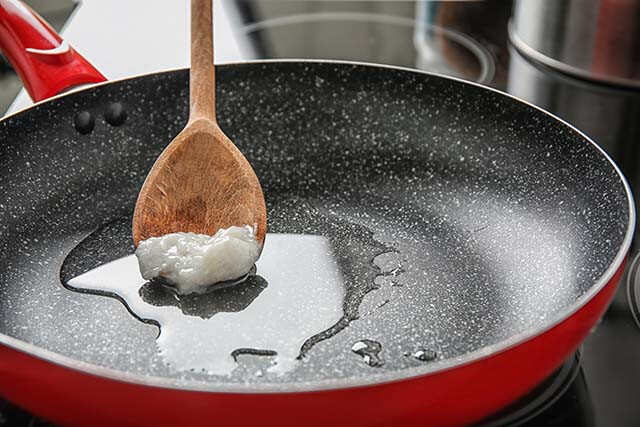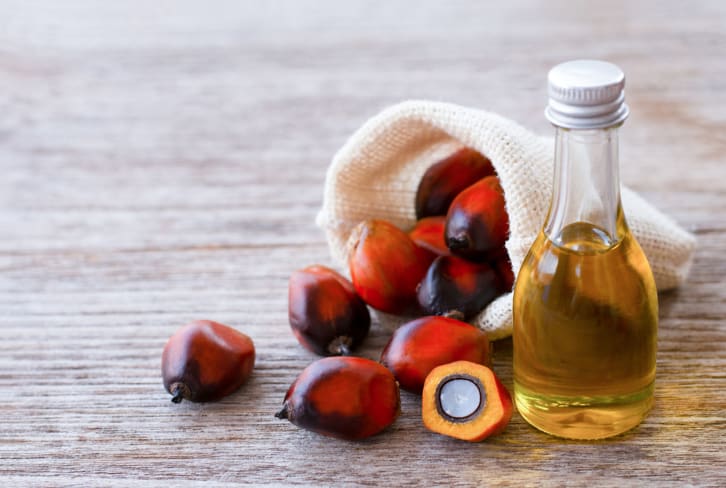How to Clean White Kitchen Sink and Make It Shine Bright?
Cleaning a white kitchen sink can feel like a daunting task, especially for professionals like beauticians who often juggle multiple responsibilities. With daily use, these sinks can accumulate stains, soap scum, and grime. However, understanding how to clean white kitchen sink effectively can lead to a sparkling sink that stands out in your sparkling kitchen.
In this article, we will delve into practical tips and tricks tailored for beauticians and ensure that your sink remains spotless like the beauty treatments you offer. A clean and well-maintained kitchen sink not only looks good but also reflects the overall hygiene of your workspace. Lets dive into the best practices for maintaining the beauty of your white kitchen sinks!

Understanding Your Sink Material
Before jumping into cleaning methods, its important to understand the material of your kitchen sink. White sinks are often made from porcelain, stainless steel, or composite materials, and each material has its specific care instructions.
Porcelain Sinks
Porcelain sinks, while elegant, can be prone to scratches and staining. Avoid using abrasive cleaners that could dull the glossy finish.
Stainless Steel Sinks
Stainless steel sinks, on the other hand, are more durable but can still show water spots and fingerprints. Gentle cleaning agents work best for these sinks.
Composite Sinks
Composite sinks provide a sturdy alternative that combines materials like acrylic and stone. They can be maintained with vinegar or baking soda for a thorough cleanse.

Essential Cleaning Supplies
To effectively clean your kitchen sink, gather the following supplies:
- Microfiber cloths
- Baking soda
- Vinegar
- Dish soap
- Lemon juice
- Non-abrasive sponge

Step-by-Step Guide on How to Clean White Kitchen Sink
1. Remove Loose Debris
Start by rinsing your sink with warm water to remove any loose food particles or debris. Use your hands or a sponge to dislodge stuck items carefully.
2. Apply Dish Soap
Pour a few drops of dish soap onto a non-abrasive sponge. Gently scrub the sinks surface, paying special attention to any stained areas.
3. Rinse with Warm Water
Rinse the sink thoroughly with warm water, ensuring that no soap residue remains. This step is critical to prevent future stains.
4. Use Baking Soda for Tough Stains
If stains persist, sprinkle baking soda directly on the affected area. Let it sit for around 10 minutes to break down the stubborn stains, then scrub gently with your sponge.
5. Vinegar and Lemon Juice Treatment
Pour vinegar into a spray bottle and mist your sink, especially over the areas where you applied baking soda. Squeeze fresh lemon juice over the sink, as it works as a natural deodorizer and stain remover.
6. Final Rinse and Dry
After a thorough scrub, give your sink a final rinse with warm water. Dry immediately with a microfiber cloth to prevent water spots.

Maintaining Your White Kitchen Sink
Once your sink is sparkling clean, keeping it that way requires a bit of maintenance:
Daily Wipe Down
After using your sink, give it a quick wipe down with a cloth or sponge to prevent any built-up grime.
Deep Clean Weekly
Commit to a thorough cleaning once a week to maintain its pristine condition.
Manage Stains Quickly
For spills or stains, treat them as soon as possible to keep your sink blemish-free.
Common Mistakes to Avoid
While keeping your white kitchen sink clean, here are some common mistakes to avoid:
- Using abrasive materials that can scratch the surface.
- Leaving stains untreated, making them harder to eliminate later.
- Using bleach, as it may cause discoloration over time.
Additional Tips for Beauticians
As a beautician, you understand the importance of a clean workspace. Here are additional tips to keep in mind:
- Implement a cleaning routine that fits your schedule.
- Invest in good quality cleaning products that are effective yet gentle.
- Ensure that your kitchen area is well-lit to spot any areas that need attention.
Linking Up: Related Cleaning Guides
If you are interested in more cleaning tips, you might want to check out these articles: Greasy Floor Tiles, Cleaning Oak Cabinets, and Faucet Spray Head.
FAQ Section
1. How often should I clean my white kitchen sink?
It's best to perform a quick daily wipe down and a thorough clean weekly.
2. Can I use bleach to clean my sink?
It's not recommended as bleach can cause discoloration over time.
3. What if stains persist after cleaning?
Consider using a stronger cleaning product specifically designed for the material of your sink.
As an Amazon Associate, I earn from qualifying purchases.

